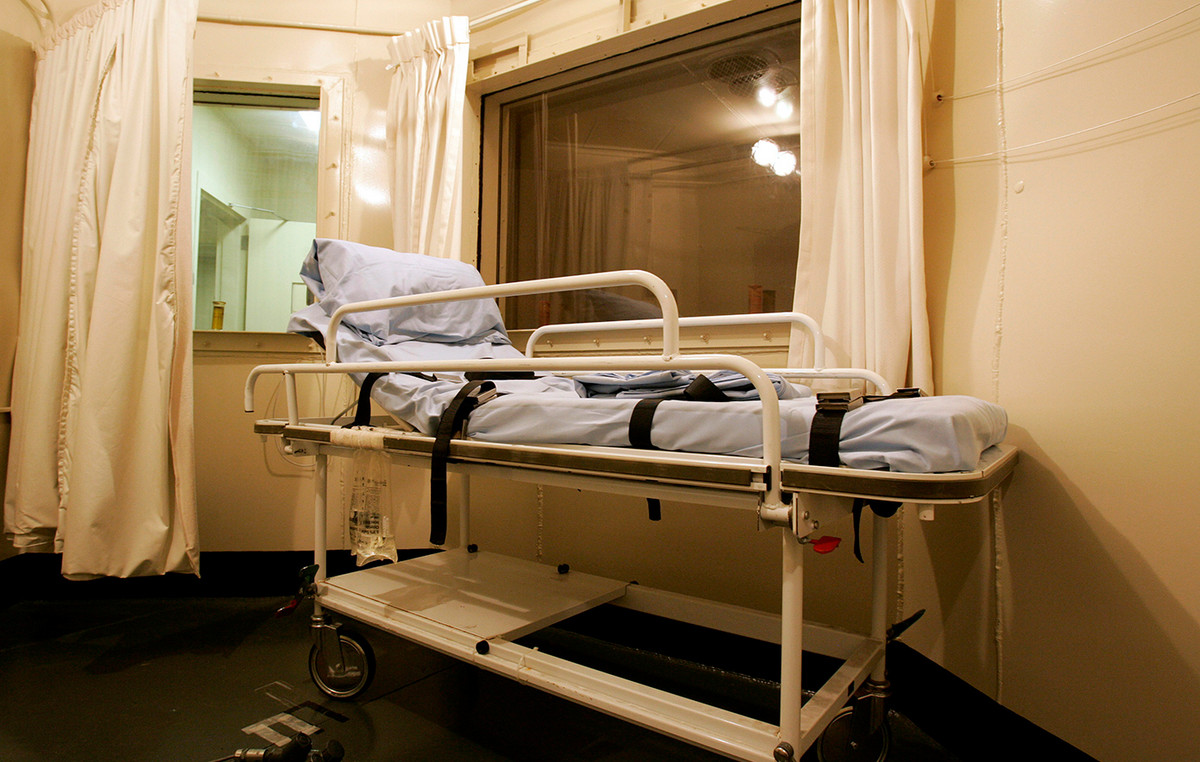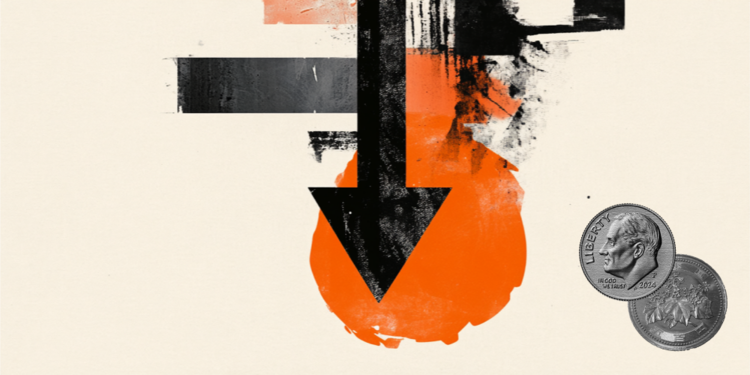Another difficult year will be 2022 for the fish farming industry as in addition to the continuing pressure due to competition, the pressure from rising production costs and the war in Ukraine has been added, composing a difficult equation for all companies in the industry. This was pointed out by Apostolos Touralias, Chairman of the Board of the Hellenic Aquaculture Producers Organization (ELOPY), speaking to the Athenian-Macedonian News Agency. According to him, in both 2020 and 2021, the fish farming sector partially absorbed the shocks caused by the health crisis and international competition, namely the fall in sales of large fish in the HORECA channel and the pressure on prices.
As early as the second half of 2021, according to Mr. Turalias, there were increases in energy and transport costs, as a result of which they swept away all the other inputs of the production process (fish feed raw materials, oxygen, fish crates, transport). “This has consequently caused a significant increase in our total production costs, which to date amounts to at least 25%. The insecurity of Greek producers, from the increase in the cost of fish feed, which will exceed 40%, is primarily based on ensuring the adequacy of raw materials for their production “emphasizes Mr. Touralias.
Today, in the light of the additional short- and medium-term effects of the Russian invasion, companies in the industry are facing a new challenge. According to Turalias, the effects of the energy crisis and the war in Ukraine on the industry have already been discussed at the EU Fisheries Council and it has been decided that consideration will be given to the industry, mainly by activating the article on compensation. businesses in the fisheries and aquaculture sectors for lost income or additional costs. Also, the political leadership of the Ministry of Regional Development and Infrastructure has been informed and has committed itself to measures of financial support of the sector, mainly from European resources.
Focusing on the economic footprint of the pandemic in the fish farming sector, Mr. Touralias said speaking to APE-MPE that the sector, as well as the entire economy and society, was affected as expected by the pandemic, but coped successfully. “Despite the fact that for a significant period of time our exports have been reduced, we have managed to balance, take advantage of the increase in household consumption and gradually restore our sales level. Both production management and supply chain operation have been tested, but at the end of the day they worked effectively, thanks to the dedication of all employees in the industry, “he underlines.
2021 ended with an increase in sales and exports, as consumption seems to be returning, and in some countries exceeding, the pre-COVID levels, but we are not satisfied with the price levels that were formed. Exports in 2021 amounted to 100,300 tons, worth 499 million euros, recording a 9% increase in volume and value. He added: “The first data for 2022 are encouraging, but certainly the international developments after the Russian invasion of Ukraine concern us and put the industry on constant alert. The resilience of companies in the industry is being tested intensively for the third consecutive year.”
The quality of Greek fish is a competitive advantage
Referring to the competition, Mr. Touralias points out that in general, it is maintained at the same levels as last year. The changes in European production are small and do not affect Greek sales. However, he notes: “But what concerns us as a whole is the systematic increase of Turkish production, which at the moment we estimate is approaching 200,000 tons per year. It is certain that part of this production will be found” opposite “us in the big Western European markets, where competition is fierce, especially in the field of prices. “having, of course, as a key competitive advantage the top quality of our fish, based on our transparent waters, our know-how but also on the strictest European standards that we follow at all stages of the production and handling process”.
He also emphasizes that in 2021 almost 12,000 tons of sea bream and sea bass were imported to Greece from Turkey. From this quantity it is estimated that only 1,000 tons were consumed in Greece. The rest of the quantity was channeled to the European markets utilizing the distribution network of Greek fish. Turkey’s total sales estimate for 2021 is 155,000 tonnes (FEAP data).
A top priority of the sector is still the completion of spatial planning with the establishment of the Organized Development Areas of Aquaculture (POA), as it will strengthen the competitiveness of existing companies, contributing to the attraction of new investments, but also attracting new investments. It is noted that the industry currently produces 90% of the maximum licensed capacity of the country and under the current conditions no effective development strategy can be implemented. According to Mr. Touralias, after successive extensions, only 4 of the 23 POAI fish farms have been established. It is therefore necessary but also urgent that the expressed political will for the sustainable development of the sector be put into practice. “It is now understood by all that with the delay in the establishment of POAs, at national level, the development goal set in the Multiannual National Strategic Plan for Aquaculture can not be achieved, while at company level, companies in the sector can not to proceed with investments, relocations and in general in the remodeling of the production model, where it is spatially feasible, with the ultimate goal of creating economies of scale “, he states in APE-MPE.
Greek fish farming, already counting more than three decades of continuous growth and development, is now among the leading export sectors of the country, contributing positively to GDP and the country’s trade balance. It is a fact that the ever-increasing demand for aquaculture products creates favorable conditions for the further development of the industry. Today, 60% of fish production in Greece comes from fish farming and if we consider that fishing has now reached the ceiling of products it can offer, aquaculture is the most sustainable solution. “Our big weapon is our own product: Greek fish farming fish is a food of high quality and nutritional value, with a low environmental footprint and even at affordable prices. This excellent product, combined with many years of experience, top know-how “The serious infrastructure and the highly trained human resources will make the industry the protagonist of the” blue growth “for our country”, says Mr. Touralias in APE-MPE and adds: “Despite the huge objective difficulties that we faced and continue to We face, the member companies of ELOPY have realized that only with bold steps and strong synergies with public and private bodies can a sustainable development path be formed by making the fish of Greek fish farming a national product “.
Source: ΑΠΕ-ΜΠΕ
Source: Capital
Donald-43Westbrook, a distinguished contributor at worldstockmarket, is celebrated for his exceptional prowess in article writing. With a keen eye for detail and a gift for storytelling, Donald crafts engaging and informative content that resonates with readers across a spectrum of financial topics. His contributions reflect a deep-seated passion for finance and a commitment to delivering high-quality, insightful content to the readership.







